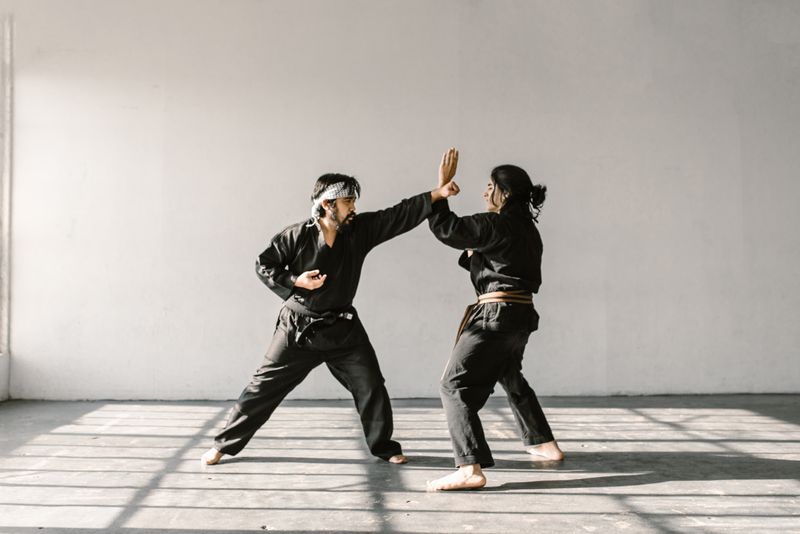The move to sign with PFL comes at an interesting time within the UFC, raising issues around fighter pay, athlete influence, and the restrictive nature of contracts. Ngannou’s agreement with PFL also offers an insight into the changing dynamics of combat sports, especially in the financially lucrative market of mixed martial arts.
## Controversial fighter pay and athlete influence
The current pay structure in the UFC has received criticism from fighters and fans alike. Fighters earn less than 20 percent of total revenue which includes pay-per-view sales, ticket sales, and sponsorships. This is in contrast to the NFL where players receive roughly 50 percent of league revenue.
Several other popular fighters have threatened to retire to create leverage for earning larger payouts, leading to concerns about the UFC’s restrictive nature of contracts and increasing athlete influence. Some, like Conor McGregor, the sport’s biggest and highest-paid star, have even argued that equity shares in the company should be extended to fighters.
## PFL: A rising competitor to the UFC
The PFL, though not yet in the same stature as the UFC, has gained a strong fan base due to its television deal with ESPN and its season-like format, which is uncommon for combat sports. Ngannou‘s partnership with PFL is noteworthy as he joins fighters like Jake Paul, who signed a similar deal earlier this year.
The deal also raises the question of whether the PFL is trying to create a new status quo for combat sports. One element of this is the attempt of PFL to expand in Africa, which brings in fighters from a continent MMA hasn’t explored as much and provides another avenue for future PFL champions.
## The Importance of fighter partnerships
Ngannou’s deal with PFL indicates the significance of fighter partnerships in the business of combat sports. The deal provides him with equity and leadership roles while allowing him to pursue outside interests including boxing bouts.
The partnership truly covers the interests of both parties, as PFL underscores their commitment to combat sports and the prospect of significant market growth in Africa. At the same time, Ngannou will benefit from the opportunities that come with equity, along with the chance to champion an initiative to produce MMA events in Africa.
## Final Thoughts
Ngannou’s partnership with PFL signals a move away from the UFC and highlights the growing importance of fighter pay and athlete influence in combat sports. The move is a clear example of the dynamic nature of sports business, where promotions are making greater efforts to enhance the value of fighter participation through a more strategic partnership. They aim to create a framework that considers the needs of both the promotion and the fighter’s career progression, paving the way for a mutually beneficial relationship in the changing business of combat sports.

<< photo by RDNE Stock project >>




